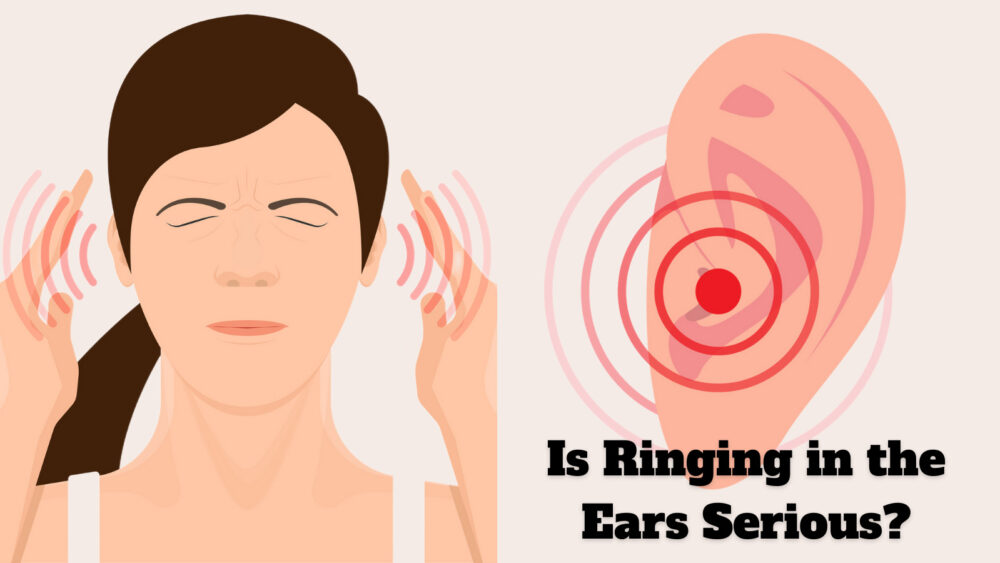According to Mayo Clinic, ringing in the ears — also known as tinnitus — is a common problem that affects 15% to 20% of people.
Occurring most frequently in older adults, tinnitus is usually caused by an underlying condition, such as age-related hearing loss, an ear injury, or a problem with the circulatory system. Treatment is available and the condition often improves when its root cause is addressed.
Symptoms of Tinnitus
Although most people describe the sound as a on and off or persistent ringing in one or both ears, others describe phantom noises such as:
- Buzzing
- Roaring
- Clicking
- Hissing
- Humming
There are two types of tinnitus: subjective and objective tinnitus. In the case of subjective tinnitus, only the patient can hear the sound. On the other hand, with objective tinnitus, which Mayo Clinic describes as a “rhythmic pulsing or whooshing sounds, often in time with a person’s heartbeat,” a doctor might also be able to hear the tinnitus during an exam.
When to See a Doctor for Tinnitus
Mayo Clinic recommends you make an appointment to see your doctor if:
- You develop tinnitus after an upper respiratory infection, such as a cold, and your tinnitus doesn’t improve within a week
- You have tinnitus that persists and bothers you
See your doctor urgently if:
- You have hearing loss or dizziness with the tinnitus
- You are experiencing anxiety or depression as a result of your tinnitus
Most Common Causes of Tinnitus
As outlined by Mayo Clinic, the most common causes of tinnitus are:
- Hearing loss: If the tiny, delicate hairs inside the inner ear (cochlea) are bent or broken, they can “leak” random electrical impulses to the brain, causing tinnitus. This can happen as a normal part of aging, or when a person is regularly exposed to loud sounds.
- Ear infection or ear canal blockage: A blockage of any kind can change the pressure in the ear, causing tinnitus.
- Head or neck injuries: Head or neck trauma can affect the inner ear, hearing nerves, or brain function linked to hearing. Injuries of this nature usually cause tinnitus in only one ear.
- Medications: Many medications have been known to cause tinnitus, including nonsteroidal anti-inflammatory drugs (NSAIDs), certain antibiotics, cancer drugs, water pills (diuretics), antimalarial drugs and antidepressants. Generally, the higher the dose of these medications, the worse tinnitus becomes. The tinnitus often disappears when the patient stops taking the medication.
Risk factors
Certain factors, as outlined by Mayo Clinic, may increase a person’s risk of tinnitus:
- Loud noise exposure: People who work in noisy environments — such as factory and construction workers, musicians, and soldiers — are particularly at risk.
- Older age
- Male gender
- Tobacco and alcohol use
- Health problems like obesity, cardiovascular problems high blood pressure, and a history of arthritis or head injury
For more information on tinnitus, including other causes, complications, and prevention, visit www.MayoClinic.com.



